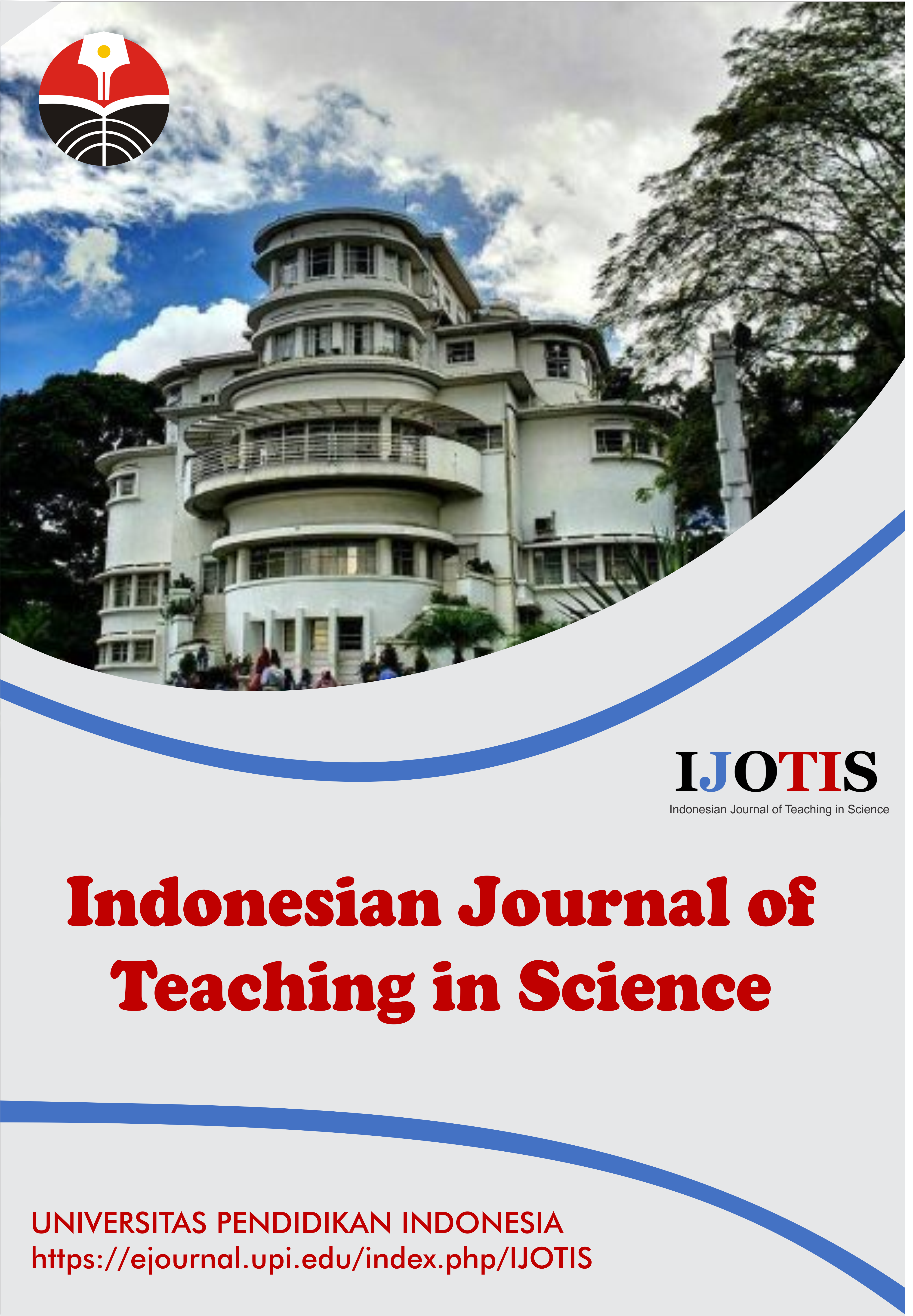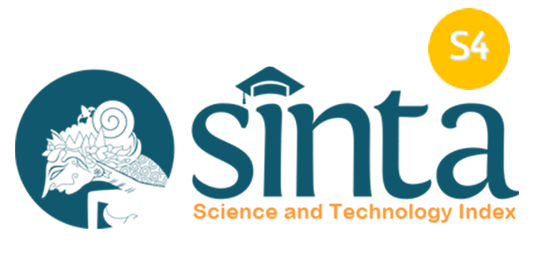Assessing the Impact of Academic Self-Efficacy on Academic Performance of University Science Students in Katsina State, Nigeria
Abstract
Keywords
Full Text:
PDFReferences
Aina, J. K. (2014). Fundamental of science education in a pluralistic technology. Asian Academic Research Journal of Social Sciences and Humanities, 1(23), 282-294.
Ali, H. O. (2013). Factors affecting students’ academic performance in mathematical sciences department in tertiary institutions in Nigeria. US-China Education Review, 3(12), 905-913.
Atoum, A. Y. and Al-Momani, A. (2018). Perceived self-efficacy and academic achievement among Jordanian students. Trends in Technical & Scientific Research, 3(1), 1-6.
Baanu, T. F., Oyelekan, O. S., and Olorundare, A. S. (2016). Self-efficacy and chemistry students’ academic achievement in senior secondary schools in North-Central, Nigeria. The Malaysian Online Journal of Educational Science, 4(1), 43 – 52.
Ekeh, P. U., and Oladayo, O. T. (2015). Optimism and self-efficacy as predictors of academic achievement among special needs learners. International Journal of Academic Research and Reflection, 3(7), 35 – 42.
Heyne, D., King, N., Tonge, B., Rollings, S., Pritchard, M., Young, D., and Myerson, N. (1998). The self-efficacy questionnaire for school situations: development and psychometric evaluation. Behaviour Change, 15(1), 31 – 40.
Honicke, T. and Broadbent, J. (2016). The relationship of academic self-efficacy to university student academic performance: a systematic review. Educational Research Review, 17, 63-84.
Hoy, W. K., Tarter, C. J., and Hoy, A. W. (2006). Academic optimism of schools: a force for student achievement. American Educational Research Journal, 43(3), 425 – 446.
Meral, M., Colak, E., and Zereyak, E. (2012). The relationship between self-efficacy and academic performance. Procedia - Social and Behavioral Sciences, 46, 1143 – 1146.
Olutola, A. T. and Olatoye, O. O. (2015). Challenges of E-learning Technologies in Nigerian University Education. Journal of Educational and Social Research, 5(1), 301-305.
Osaikhiuwu, O. C. (2014). Institutional factors affecting the academic performance of public administration students in a Nigerian University. Public Administration Research, 3(2), 171 – 177.
DOI: https://doi.org/10.17509/ijotis.v1i2.39428
Refbacks
- There are currently no refbacks.
Copyright (c) 1970 Universitas Pendidikan Indonesia

This work is licensed under a Creative Commons Attribution-ShareAlike 4.0 International License.
Indonesian Journal of Teaching in Science (IJoTIS) is published by Universitas Pendidikan Indonesia (UPI)
 Indonesian Journal of Teaching in Science
Indonesian Journal of Teaching in Science



